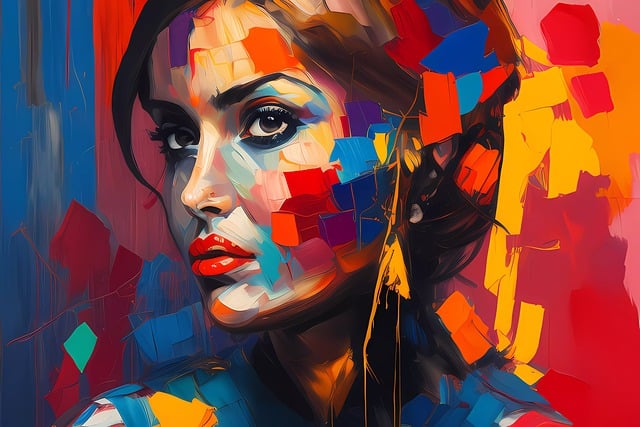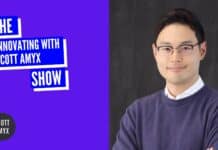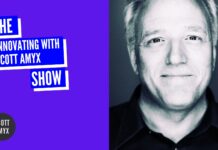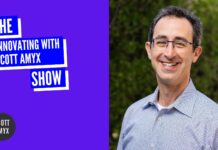The advent of artificial intelligence (AI) has sparked a fascinating exploration of the intersection between art and technology. AI algorithms are now being leveraged to create, inspire, and collaborate with human artists, pushing the boundaries of creativity and challenging our traditional notions of what art can be. In this article, we delve into the exciting ways AI is shaping the world of art, enabling new forms of expression, and revolutionizing the creative process.
Generative Art
AI algorithms have opened up new possibilities for generative art, where machines participate in the creative process. These algorithms can analyze vast amounts of data, learn patterns, and generate original artwork, music, poetry, and even virtual reality experiences. Generative art blurs the line between human and machine creativity, offering a fresh perspective on artistic expression.
Deep Learning for Image Generation: Deep learning algorithms can analyze and learn from existing art to generate new images that mimic the style, composition, or subject matter of renowned artists. This technique allows for the exploration of unique visual aesthetics and the creation of art that pushes the boundaries of traditional artistic techniques.
Algorithmic Music Composition: AI-powered music composition algorithms can analyze vast musical datasets, identify patterns, and generate original compositions. These algorithms can create music in various genres and even collaborate with human musicians, opening up new avenues for musical exploration and experimentation.
Creative Assistance and Inspiration
AI can act as a creative assistant, providing artists with inspiration, insights, and new perspectives. By analyzing vast amounts of artistic content and historical data, AI algorithms can offer suggestions, generate ideas, and assist artists in the creative process.
Image and Style Transfer: AI algorithms can analyze the style of one artwork and apply it to another, enabling artists to experiment with different artistic styles and create unique combinations. This technique allows for the exploration of new artistic directions and the fusion of different visual aesthetics.
Intelligent Recommender Systems: AI-powered recommender systems can analyze an artist’s body of work, preferences, and historical trends to provide personalized recommendations for new artistic techniques, subject matter, or creative approaches. These recommendations can spark inspiration and help artists expand their artistic horizons.
Collaborative Art Projects
AI has also facilitated collaborative art projects between humans and machines. Artists and AI algorithms can work together to create artwork that merges the unique abilities of both entities, resulting in truly novel and groundbreaking pieces.
Interactive Installations: AI algorithms can analyze and respond to human inputs, allowing for interactive and immersive art installations. These installations can adapt and change based on user interactions, creating dynamic and engaging experiences for viewers.
Co-creation and Remixing: Artists can collaborate with AI algorithms to create artwork that blends human creativity with machine-generated elements. This collaboration can lead to unexpected artistic outcomes, pushing the boundaries of traditional artistic practices and inspiring new forms of expression.
The intersection of AI and creativity has unlocked a world of possibilities in the art world. From generative art to creative assistance and collaborative projects, AI is reshaping how we create, experience, and appreciate art. While the involvement of AI in the creative process raises questions about authorship and authenticity, it also offers exciting opportunities for innovation and experimentation. As technology continues to advance, we can expect AI to play an increasingly significant role in the world of art, fostering new forms of expression and challenging our understanding of creativity.
Book Scott Today
Book Scott to keynote at your next event!
Managing Partner at Astor Perkins, TEDx, Top Global Innovation Keynote Speaker, Forbes, Singularity University, SXSW, IBM Futurist, Tribeca Disruptor Foundation Fellow, National Sloan Fellow, Wiley Author, TechCrunch, Winner of Innovation Awards.


















